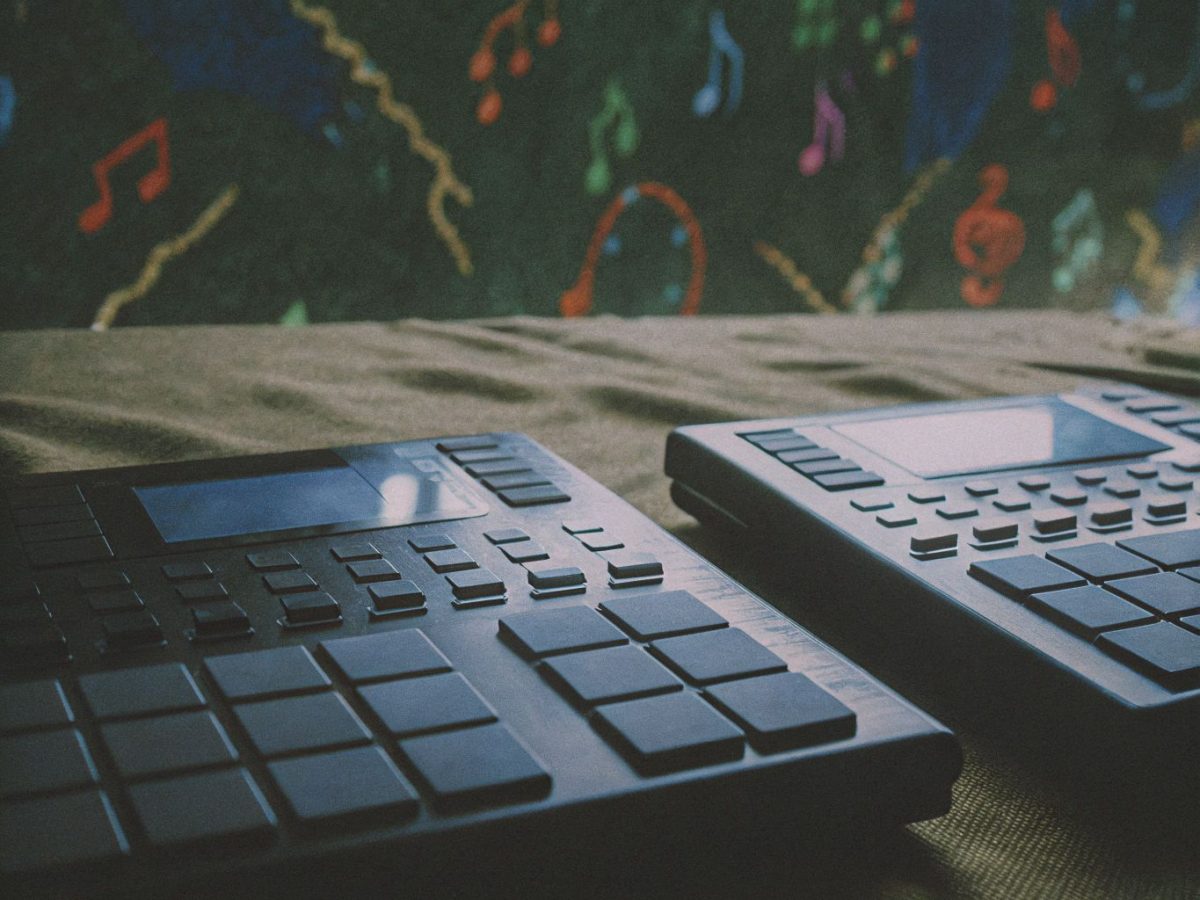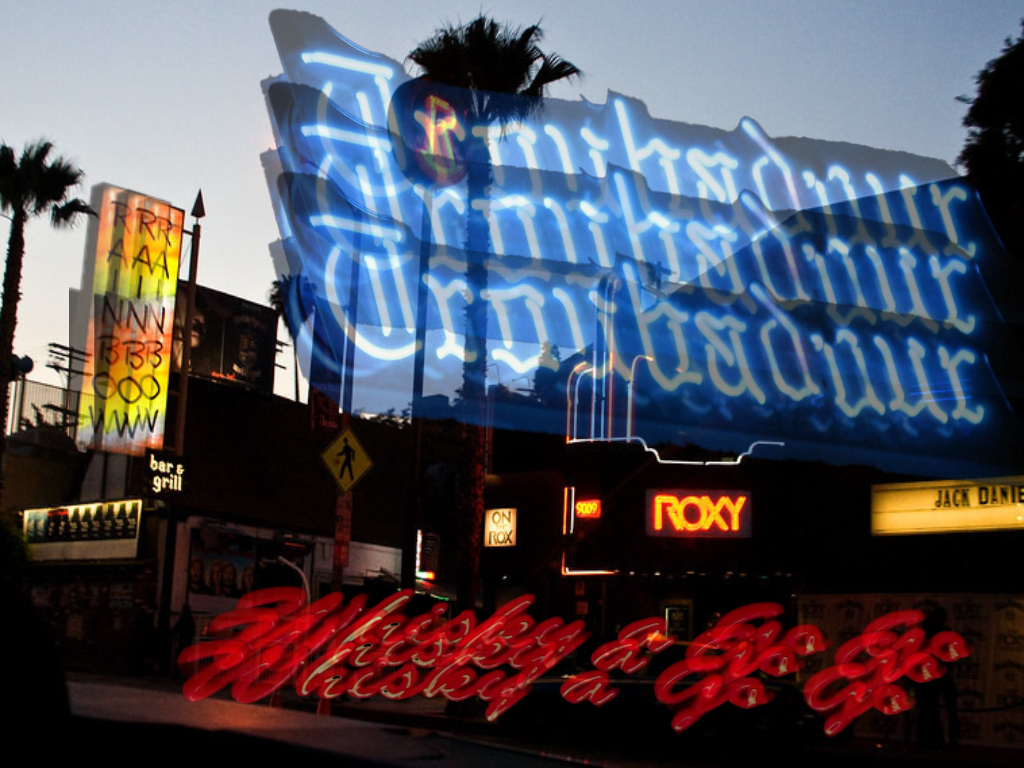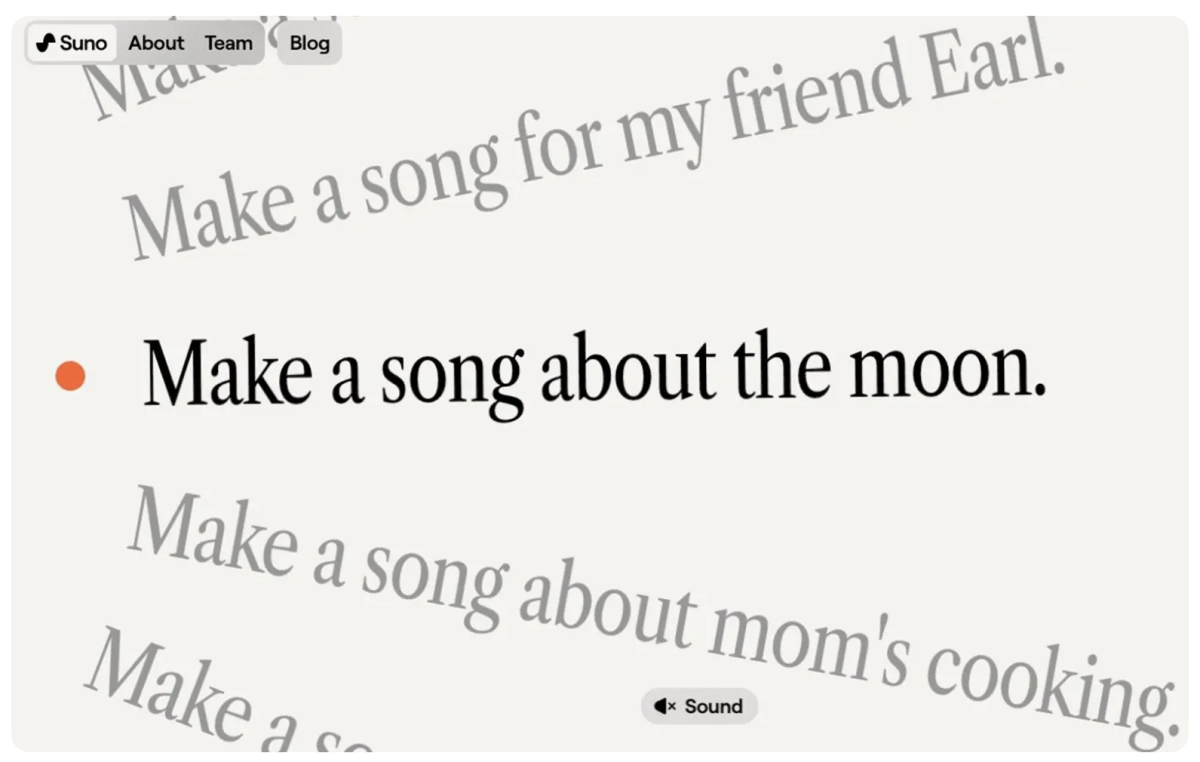Music has always been a reflection of the political state of the world and constantly draws inspiration from or outright calls out injustices. So, in light of the recent election, if we have nothing else to look forward to, at least we have music, not only for comfort but as a historical marker of what came from this time.
Let’s break down how music has reflected different political and social issues.
Race:
Music as we know it today would not exist without the work of so many artists who documented their experiences with systemic powers and oppression.
Rock music evolved from the blues which formed in the deep south and was a direct descendent from African-American work songs and field hollers. We were eventually met with soul music and motown. During this era of music, there would often be two versions of songs: the original and the version that catered to white audiences. An example of this is Little Richard’s “Tutti Frutti” and Pat Boone’s cover of it. There’s a stark difference in it as Little Richard’s version is upbeat and passionate and Boone’s version has a teen idol twist to it. So although the lyrics of “Tutti Frutti” might not be politically aligned, the fact that the industry decided to make a more “appropriate” version, is political.
When talking about modern examples of political music about race, there is a topic that spreads across decades, police brutality. From NWA’s “Fuck tha Police,” “Changes” by Tupac, “This is America” by Childish Gambino, and of course “Alright” by Kendrick Lamar, these songs are evidence as to how long the problem has lasted. This is what I mean when I say that music is a historical marker.
War:
There have been many songs that criticize the act of war.
From Bob Marley’s “One Love” to “Imagine” by John Lennon, artists have been advocating for peace for a long time.
There’s also the opposite end where artists call for a revolution such as “P.L.U.C.K.” by System of a Down about the Armenian genocide.
The song “Ohio” by Crosby, Stills, Nash, and Young was a response to the murder of four Kent University students that were killed by the National Guard during an anti-war rally on campus. The rally was a protest against the United States’ involvement in the Vietnam War..
This is even more interesting when we look at recent campus sit-ins at universities across the nation as protest against the U.S’s involvement in the genocide occuring in Gaza. We also saw the universities calling the police on the students engaging in the protest, resulting in violence being inflicted on the protestors.
History repeats itself.
Sexism:
Let’s talk about the Riot Grrrl movement. In the ‘90s, we saw the emergence of girl punk bands that took feminism and politics head on in their music.
The formation of these bands was a direct response to the punk music scene being male dominated and not providing a space for women to express their anger and rage.
With songs like “White Boy” by Bikini Kill that calls out men who excuse rape as the song literally opens with “I don’t think it’s a problem ‘cause most of the girls ask for it. ‘Uh huh, how do they ask for it?’ The way they act, the way they— I, I can’t say they way they dress because that’s their own personal choice. But some dumb hoes, slut rocker bitches walking down the street, they’re asking for it. They may deny it, but it’s true.”
From owning your sexuality, to not steering away from their emotions and personal experiences, despite backlash or being called a “cry baby,” women are held to a higher standard and have higher expectations just for being a woman.
LGBT+ Community:
I would like to highlight the legendary Freddie Mercury, David Bowie and Elton John, these men changed the game on the art of performance. From their costumes to their stage presence to the countless interviews they would partake in, they were unapologetically themselves. We can see how that has trickled down into the likes of Harry Styles and Chappell Roan as they’re stage presence is part of what draws people into their music.
The reality is that the general public is much more accepting of LGBT+ artists now then they were 30 years ago. The fact that Chappell Roan can get on stage and openly sing about being queer, is a political statement, even if that’s not her intention. It’s a testament to how far we’ve come in the acceptance of the community.
The next time you hear someone complaining about artists talking about politics on stage or in their music remember that music is political and can be a historical record.
Politics affect us all and music brings people together so if music can combine the two for a cause that is a good thing and not something we should want to end.





















